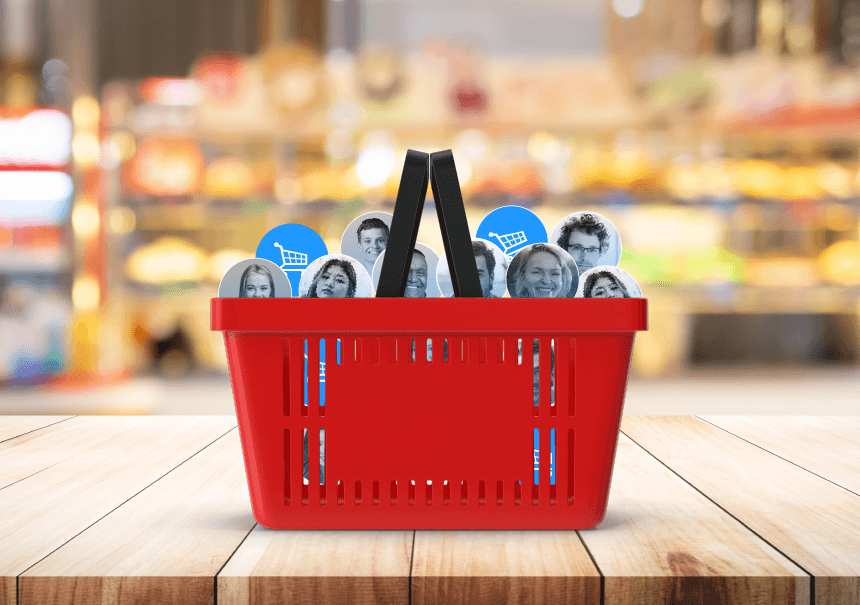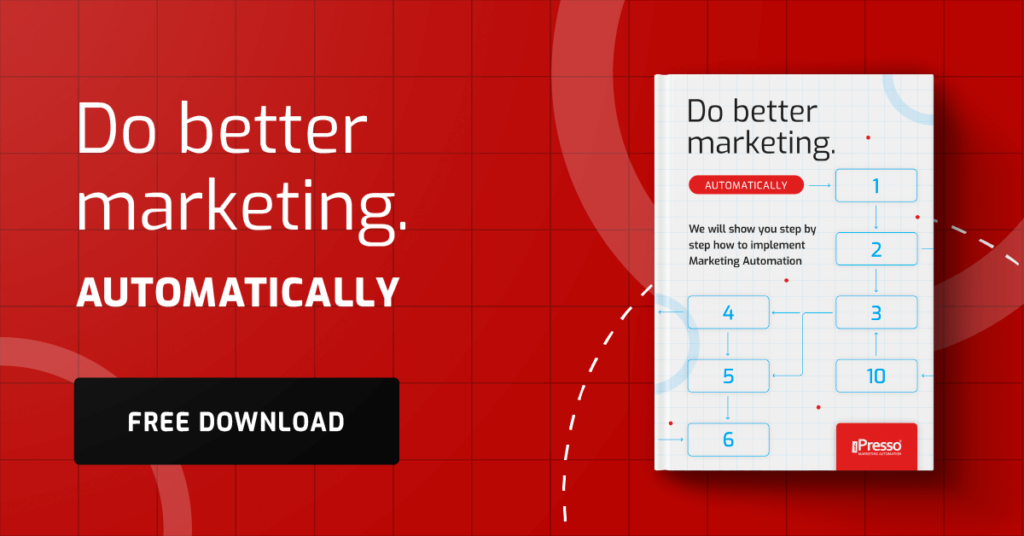Own consumer base in the FMCG industry. Why is it so important?

Your own consumer base in the FMCG (Fast Moving Consumer Goods) industry is one of the elements that can determine the success or failure of a company. We’ll discuss why your own consumer base is so important, what benefits it brings, and how marketing automation can help you build and manage it.
The importance of your own consumer base in the FMCG industry
Direct access to consumers
Having your own consumer base allows you to contact customers directly without the need to use intermediaries. Thanks to this, companies can:
Precisely target marketing campaigns. By knowing consumers’ preferences and behaviors, you can better tailor marketing messages to their needs.
Increase customer loyalty. Regular interactions with consumers, e.g. through newsletters, loyalty programs or personalized offers, help build long-term relationships.
React faster and more agile to market changes. Direct contact with consumers allows you to quickly collect opinions and adapt the offer to changing market expectations.
Data as the foundation of marketing strategy
Data collected within your own consumer database is an extremely valuable resource that allows you to create more effective marketing strategies. By analyzing demographic, behavioral and purchasing data, companies can create customer segments and adapt their offers to them.
Knowledge about individual consumer preferences allows personalization of marketing messages, which increases their effectiveness. Data analysis allows you to better understand the effectiveness of individual marketing channels and optimize advertising budgets.
Building a competitive advantage
Your own consumer base is a significant competitive advantage. Companies that effectively manage their data can create products and services that better meet their expectations.
Direct contact with consumers and quick collection of opinions enable faster introduction of innovations to the market. Precise targeting and personalization of marketing messages translate into higher effectiveness of advertising campaigns.
Marketing automation as a tool for building and managing a consumer database
Marketing automation is the process of using technology to automate and optimize marketing activities. In the context of building and managing your own consumer base, marketing automation offers many benefits.
Collecting consumer data
Marketing automation allows you to effectively collect consumer data from various sources, such as:
Analysis of user behavior on the website, e.g. tracking clicks, time spent on the website or products viewed.
Monitoring consumers’ activity on social media, which allows for a better understanding of their interests and preferences.
Analyzing opens, clicks and responses to email campaigns, allowing you to better understand the effectiveness of email communications.
Segmentation and personalization
Automation allows you to constantly update customer segments based on the latest data, which increases the precision of targeting.
Automatic generation of personalized marketing messages, e.g. in e-mails, websites or advertisements, increases the effectiveness of campaigns.
Data analysis allows you to tailor offers to individual customer needs, which increases their attractiveness.
Automation of marketing processes
Automatic sending of e-mails based on consumer behavior, e.g. after leaving the shopping cart or after making a purchase.
Automatic lead tracking and nurturing, allowing you to better convert potential customers into loyal consumers.
Automatic generation of reports and analyses, which allows you to constantly monitor the effectiveness of marketing activities and make necessary corrections.
Summary
Your own consumer base in the FMCG industry is extremely important due to the possibility of direct contact with customers, effective use of data and building a competitive advantage. Marketing automation is a key tool in the process of building and managing a consumer database, enabling effective data collection, advanced segmentation, personalization of communication and automation of marketing processes. Companies that effectively use these opportunities can count on increased customer loyalty, higher effectiveness of marketing activities and better adaptation of their offer to market needs.



